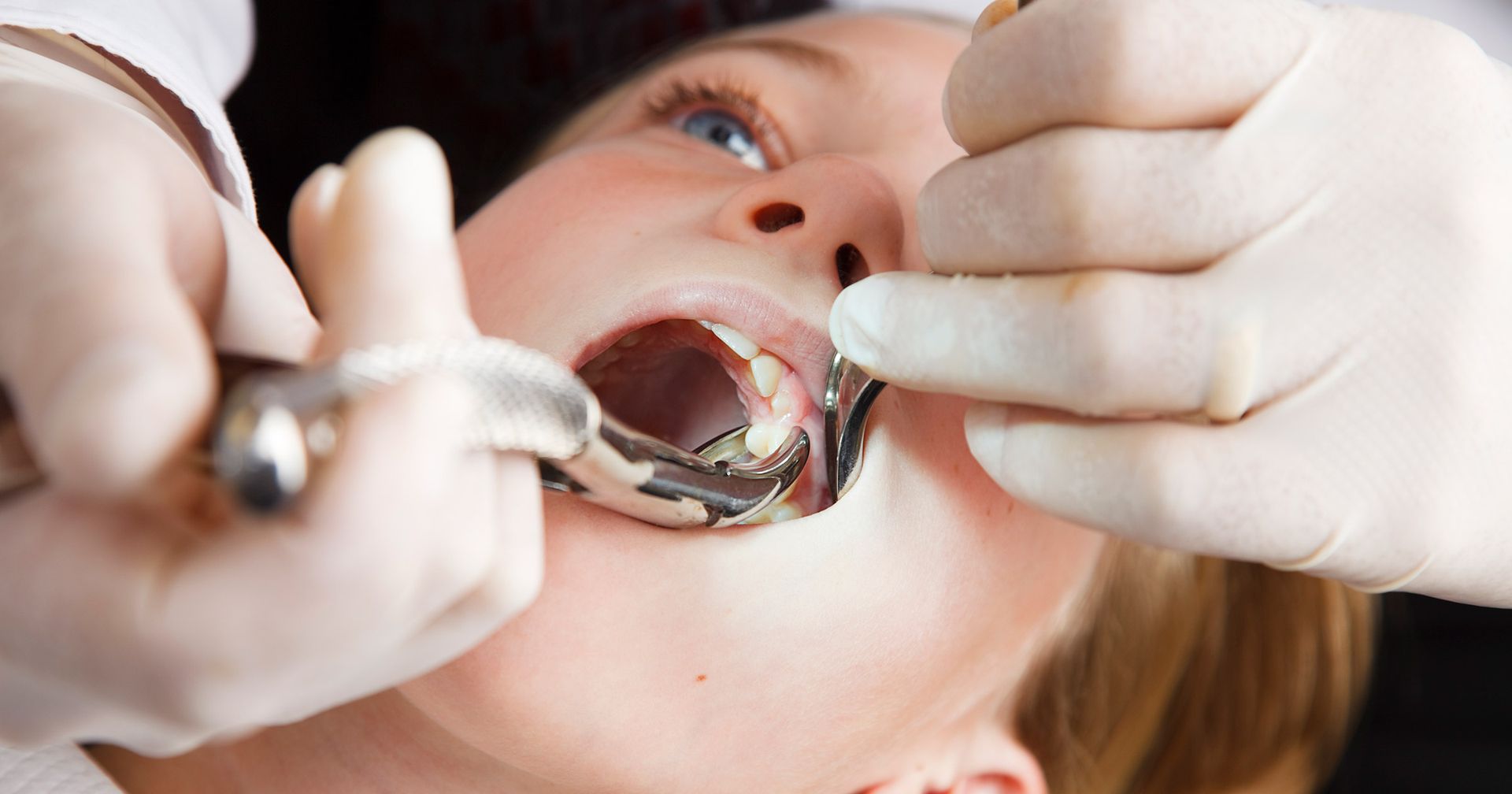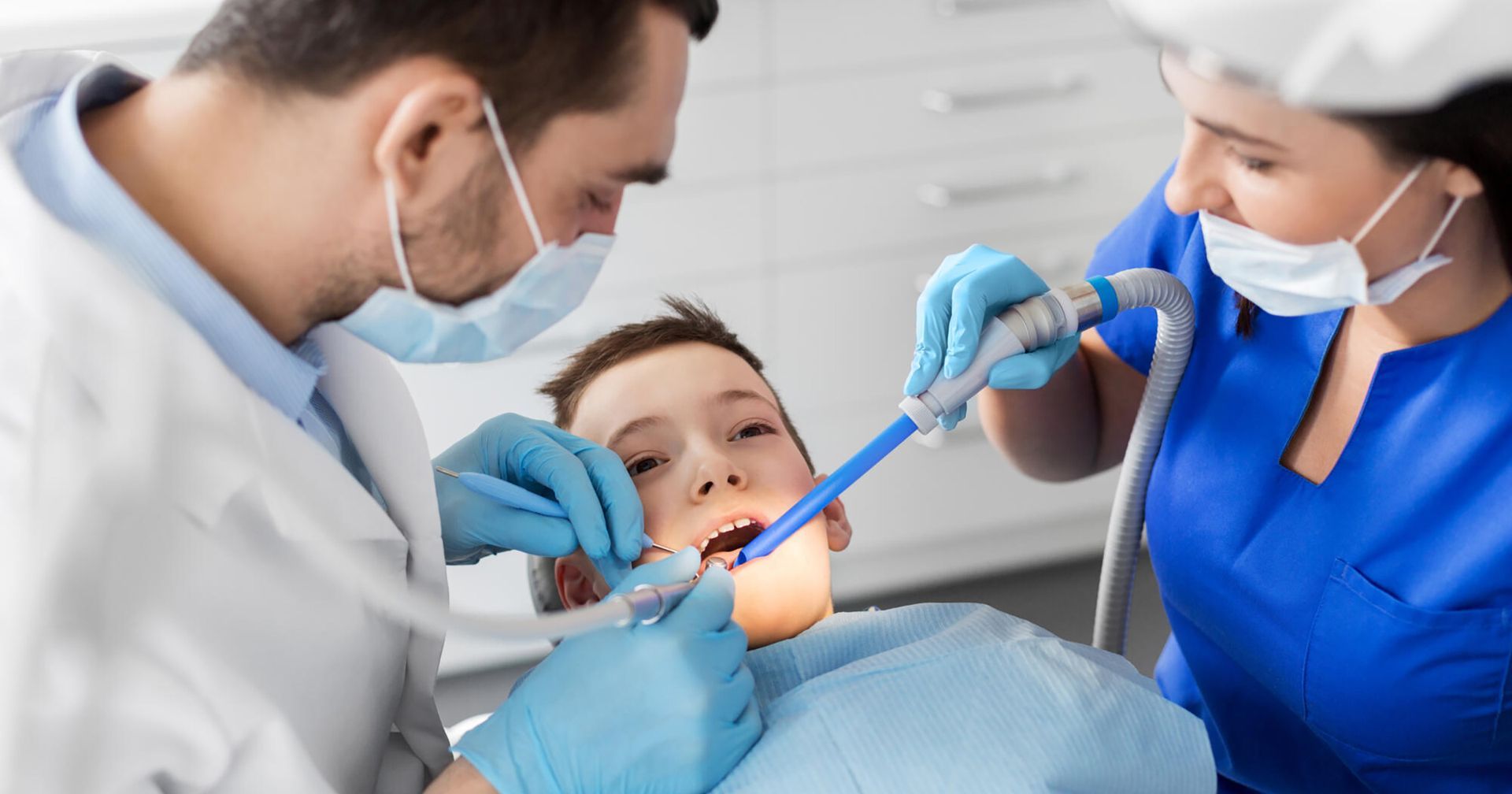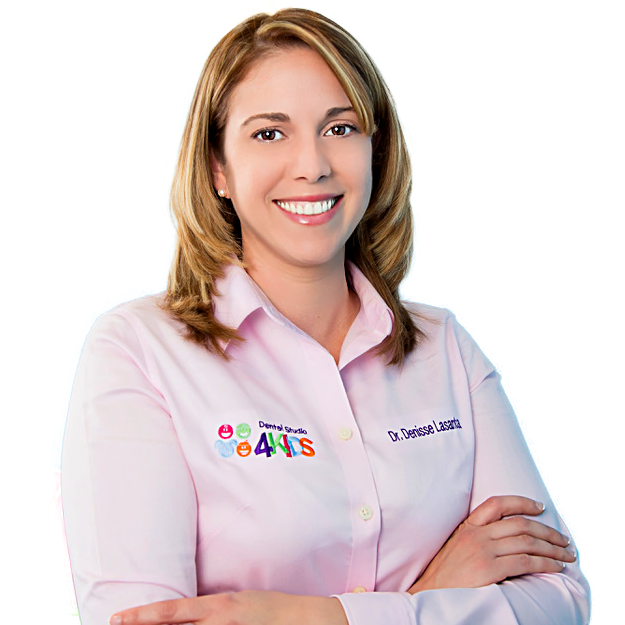Sedation Dentistry for Children With Special Needs
How does sedation dentistry transform your child's dental visit? Uncover gentle techniques at Dental Studio 4 Kids and ensure your child's comfort on each visit.
Children with special needs often have sensory sensitivities, which can make dental visits scarier. But qualified professionals can use sedation dentistry (nitrous oxide, oral sedation, or IV sedation), which can reduce anxiety and make treatments go more smoothly.
A systematic review done by Sun et al., published in the Journal of Dentistry, found that around 33% of young children globally experience dental fear and anxiety (DFA). This can already be tough enough to deal with as a parent, but if your little ones have special needs, then dental visits can be especially challenging.
Luckily, there's sedation dentistry available for pediatric dental care, which can decrease DFA and make visits much easier.
What Sedation Is Used for Autistic Children?
For autistic children and other children with special needs, the right type of pediatric sedation will depend on their sensitivity level, as well as their ability to cooperate. Another important factor is how complex the treatment is.
Because of all these things, dentists will take time to understand each child's behavioral triggers. They'll also see what communication preferences are before choosing a sedation approach.
With that said, here are the types of children's dental sedation available.
Nitrous Oxide (Laughing Gas)
Nitrous oxide is a type of mild sedation that can lead to stress-free dental visits, and it's often the first-line choice for kids with special needs. It's typically used for minor procedures or cleanings if the little one has mild anxiety or sensory discomfort.
This sedative is administered through a small nose mask, and the child inhales the gas. It's enough to relax them, but without putting them to sleep.
What's great is that after the procedure, the nitrous oxide wears off quickly. Your child can return to normal activity basically immediately afterward.
Oral Sedation (Liquid Medication)
Oral sedation involves a liquid medication, usually midazolam or hydroxyzine. The dentist may explore this option if your child doesn't tolerate a mask or needs a deeper level of calmness.
It's commonly used for moderate anxiety or longer procedures, as it induces drowsiness and relaxation (they're still conscious).
IV Sedation
IV sedation gives the deepest level of relaxation out of all three options, and your child remains conscious. It's typically reserved for extensive dental work, or if your child has:
- Severe anxiety
- Extreme sensitivity
- Behavioral challenges
How Safe Is Sedation Dentistry for Kids?
You and your children may have dental fear, but sedation dentistry is very safe for kids when it's performed by qualified professionals. Not only is there extensive pre-sedation evaluation, but there's also continuous monitoring during the procedure.
Afterward, the dentist will closely observe your child before they discharge them.
The Benefits of Sedation Dentistry for Children With Special Needs
As you may already know, children with special needs often need extra attention, especially when they're stressed out. So the main benefit of sedation dentistry is that it can reduce fear, anxiety, and overstimulation.
Additional benefits include:
- Minimalization of movement for more precise dental work
- Prevention of negative dental experiences that could lead to more DFA
- Safe, effective treatment for children who have limited communication
- Confidence for parents (your child receives safe and compassionate care)
How to Find the Right Dentist for Special Needs Children
To find the right pediatric dentist for your little one, you'll have to vet your choices. It can be helpful to talk to other parents, as they may know who to trust and who to stay away from. That way, you'll have a shortlist to work with.
When weighing your options, do the following:
- Ask about their experience with children with special needs
- Check that the office is certified for sedation dentistry
- Speak with the dentist to make sure that they communicate clearly and have a gentle touch
Always trust your gut feeling. Only choose a pediatric dentist you feel 100% comfortable with.
Frequently Asked Questions (FAQs)
How Do Dentists Deal With Autistic Children?
Dentists often use behavioral strategies to help autistic children feel more comfortable and to make dental visits more fun. They'll utilize:
- Visual supports
- Desensitization visits
- Clear communication
- Quiet rooms
- Sensory accommodations
- Gentle dental techniques
Can My Child Eat or Drink Before Sedation?
Typically, you can't eat or drink for several hours before sedation. This is to prevent nausea or aspiration. Your child's dentist will provide the fasting guidelines, so use those when speaking to your child about the procedure.
What Are the Side Effects of Sedation?
There are mild side effects that usually wear off within a few hours, such as:
- Grogginess
- Dizziness
- Mild nausea
Serious side effects are rare, especially when the sedation is given by trained professionals.
How Long Does Sedation Last?
The duration of sedation will depend on which method was used. They are as follows:
- Nitrous oxide: A few minutes
- Oral sedation: 2-4 hours
- IV sedation: Several hours
Will My Child Remember the Dental Procedure?
Most children will have little to no memory of the procedure, so you won't have to worry much about sedation adding to fears of the dentist. Oral and IV sedation often result in mild amnesia, but nitrous oxide doesn't have full memory loss.
When Is General Anesthesia Recommended Instead of Sedation?
General anesthesia is usually reserved for complex dental procedures. If your child has severe anxiety, strong gag reflexes, or significant behavioral challenges, then their dentist may recommend general anesthesia, especially if other sedation methods are ineffective.
Have Less Anxiety About Pediatric Dental Appointments
We understand that if you have a child with special needs, you may have anxiety regarding dental appointments. Fortunately, sedation dentistry can make treatments less stressful for both you and your little one.
If you find an experienced and reputable pediatric dentist, then every visit should go smoothly, and your kid may even look forward to seeing their dentist. As a result, they'll have a positive association with the dental office, and this may even make sedation unnecessary in the future.
Does your child need quality pediatric dental care? Then
schedule an appointment with us now. We at Dental Studio 4 Kids have a new patient offer of $129 for ages 6 and under, and $179 for ages 7 and older!












